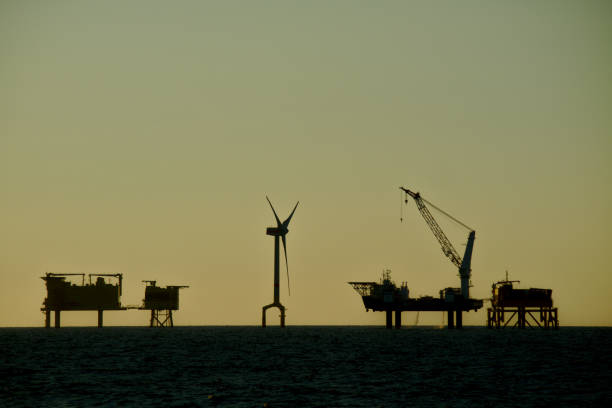News /
Greece one of the countries performing above expectations for their GDP
2023-01-26
Greece's vigorous push for the deployment of renewables with new regulations and consistent tendering processes propelled it to 16th place in the most recent edition of the EY Renewable Energy Country Attractiveness Index (RECAI 60). The 2021 rankings saw Greece in 21st position. Ernst & Young Global's (EY) RECAI 60 demonstrates how Greece has benefited from a bill passed in June to accelerate licensing for renewable energy projects, which will shorten permitting procedures to 14 months from around five years. The legislation further calls for the integration of at least 3.5 GW of battery energy storage capacity by 2030, along with an increased number of grid connections for renewables, as part of its national aim of reaching 25 GW of non-hydropower renewable capacity by the same date.

Furthermore, in August, Greece adopted its first law on offshore wind power, which acted as a strong impetus for the renewable energy sector according to EY. The country is currently designating areas for auction and expects to construct a minimum of 2 GW offshore wind by the end of this decade.
Greece's most current renewables tender in September granted 538.4 MW of capacity, including 372MW devoted to solar energy. Additionally, RECAI 60 introduced a ranking normalised with GDP; Greece was one of the countries performing above expectations for their GDP. Nevertheless, when it comes to corporate Power Purchase Agreements (PPAs) attractiveness in 2022, Greece dropped from 24th place to 27th.
Greece's vigorous push for the deployment of renewables with new regulations and consistent tendering processes propelled it to 16th place in the most recent edition of the EY Renewable Energy Country Attractiveness Index (RECAI 60). The 2021 rankings saw Greece in 21st position. Ernst & Young Global's (EY) RECAI 60 demonstrates how Greece has benefited from a bill passed in June to accelerate licensing for renewable energy projects, which will shorten permitting procedures to 14 months from around five years. The legislation further calls for the integration of at least 3.5 GW of battery energy storage capacity by 2030, along with an increased number of grid connections for renewables, as part of its national aim of reaching 25 GW of non-hydropower renewable capacity by the same date.

Furthermore, in August, Greece adopted its first law on offshore wind power, which acted as a strong impetus for the renewable energy sector according to EY. The country is currently designating areas for auction and expects to construct a minimum of 2 GW offshore wind by the end of this decade.
Greece's most current renewables tender in September granted 538.4 MW of capacity, including 372MW devoted to solar energy. Additionally, RECAI 60 introduced a ranking normalised with GDP; Greece was one of the countries performing above expectations for their GDP. Nevertheless, when it comes to corporate Power Purchase Agreements (PPAs) attractiveness in 2022, Greece dropped from 24th place to 27th.